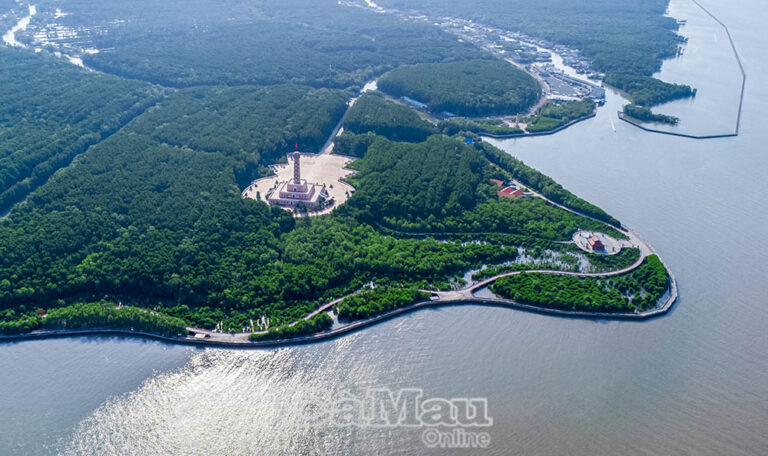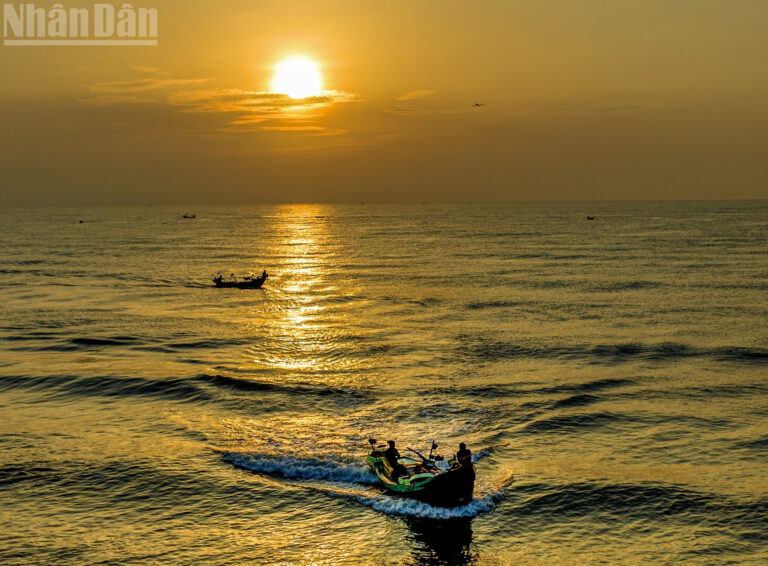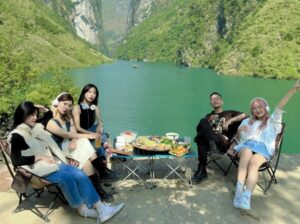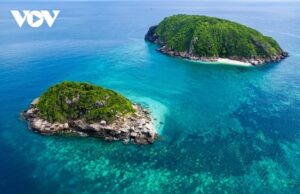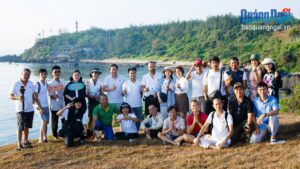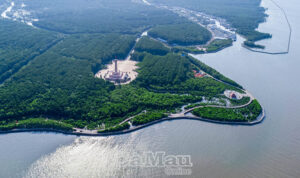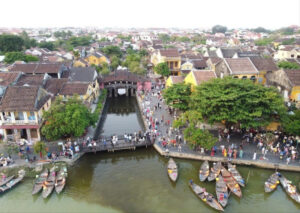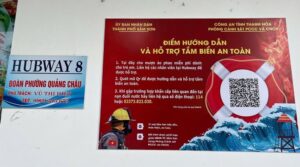For the first time, documentary heritage is mentioned in the amended Draft Law on Cultural Heritage, which is expected to be submitted to the National Assembly in 2023. Dr Vu Thi Minh Huong, Vice President of the UNESCO Memory of the World Committee for Asia and the Pacific (MOWCAP), talks to Nhan Dan (People) newspaper about the protection and promotion of this type of heritage.
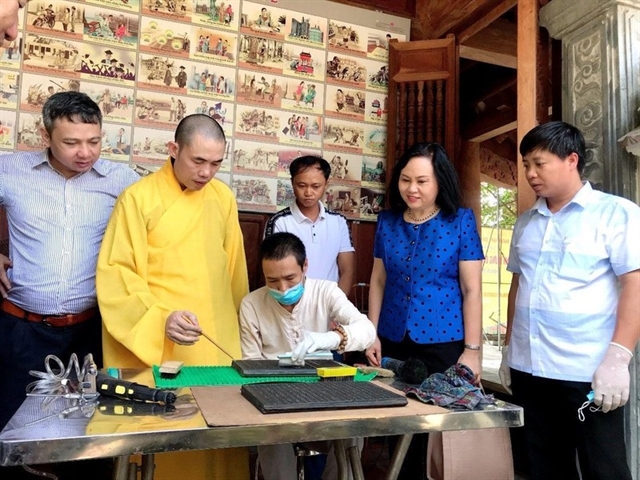
Specialists from National Archives Centre IV assist Vinh Nghiem Pagoda in Bac Giang Province in preserving ancient woodblocks. Photo courtesy of National Archives Centre IV
In 2009, the woodblocks of the Nguyen Dynasty (1802–1945) were recognised as World Documentary Heritage by UNESCO, but it is only 13 years later that documentary heritage is mentioned in the amended Draft Law on Cultural Heritage. How has documentary heritage been valued in Viet Nam in recent years?
After the woodblocks of the Nguyen Dynasty, Viet Nam had six other documentary heritages recognised by UNESCO, which shows the interest of the authorities from the central to local levels in this new type of heritage.
UNESCO established the Memory of the World Programme (MOW), an international initiative launched to safeguard the documentary heritage, in 1992. Viet Nam established the Coordination Committee of the MOW in 2006, which was upgraded to the National Committee of the MoW six years later, with the Secretariat located at the State Records and Archives Department under the Ministry of Home Affairs. I, the Director of the department at that time, chaired the committee.
But until today, no official legal document stipulating the responsibility of State management of documentary heritage has been established. That is not to mention, the financial mechanism for many issues, from research, collection, preservation and solutions to promoting the value of the registered documentary heritage, is not commensurate with the rich potential of the nation's documentary heritage.
Documentary heritage differs from other types as it could be privately owned and submitted to UNESCO for recognition. This shows that the potential of documentary heritage worldwide is very large. How is this potential in Viet Nam?
Viet Nam has a high potential for documentary heritage. The Vietnamese have held a traditional fondness for learning. Moreover, the country is home to 54 ethnic groups whose documents have been imprinted on extremely diverse materials such as paper, wood and stone.
In addition to documents and materials being managed by State agencies, many rare and valuable documents, which might also be potential documentary heritages, are privately owned by individuals, families or clans.
This year, for the first time, Viet Nam has a profile of an individual compiled and submitted to UNESCO for consideration and registration on the World Documentary Heritage List.
What is the best measure to protect this type of heritage? Is digitisation the most effective?
Both methods must be applied for this type of heritage; methodically preserving the original artefact following its material so that the heritage can be "alive" as long as possible with us and digitisation. The digitisation of documentary heritage in the form of 3D or 4D images aims to preserve the original, store data and serve research, especially for those who cannot travel to the place where the heritage is stored. This is also the goal of UNESCO's MOW: preserving, accessing and raising society's awareness of documentary heritage.
Do managers and experts play a crucial role in accompanying ordinary people to protect and promote the value of this special heritage?
Even UNESCO's recommendation on protecting documentary heritage notes that the most important role belongs to decision-makers or managers of agencies and organisations and those who develop policies and regimes on documentary heritage.
Experts and scientists like us can offer professional opinions, but they could not be effective without the drastic direction of the heads of relevant agencies, organisations and local authorities with a system of strict legal documents. That is why the Ministry of Culture, Sports and Tourism - the agency in charge of developing the Cultural Heritage Law project (amended and supplemented) - has included the issue of Documentary Heritage in the draft this time.


